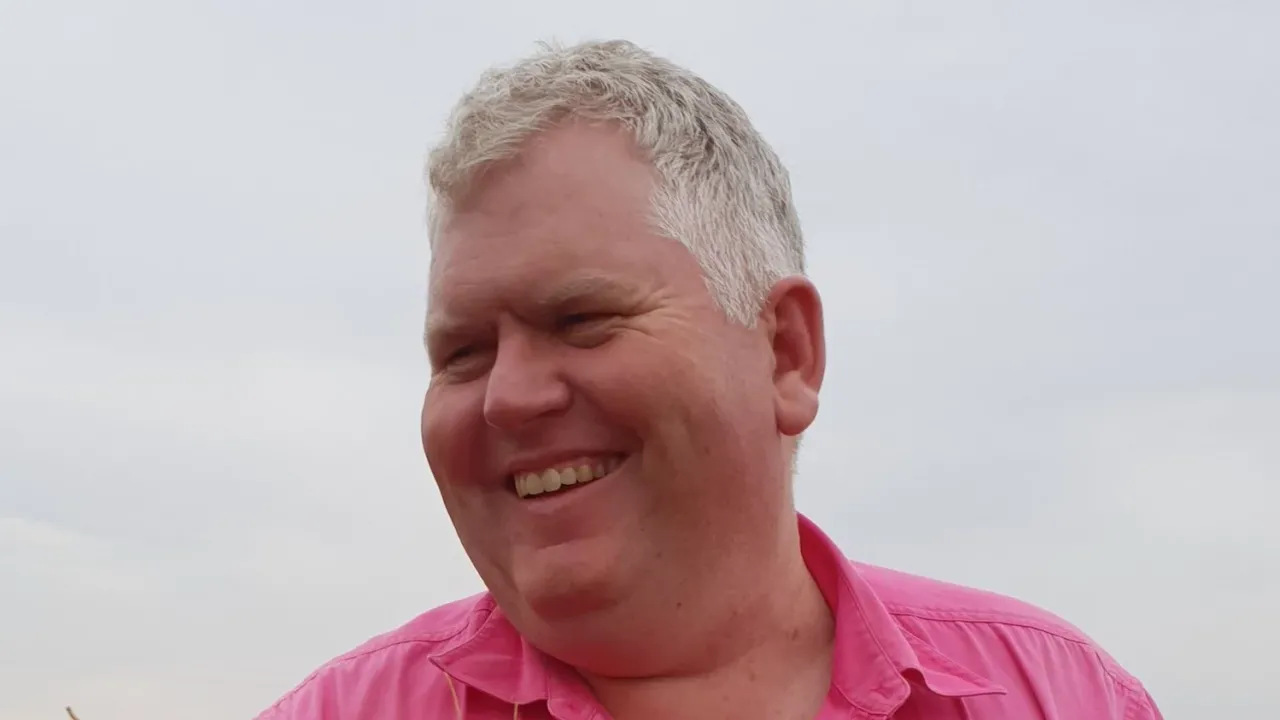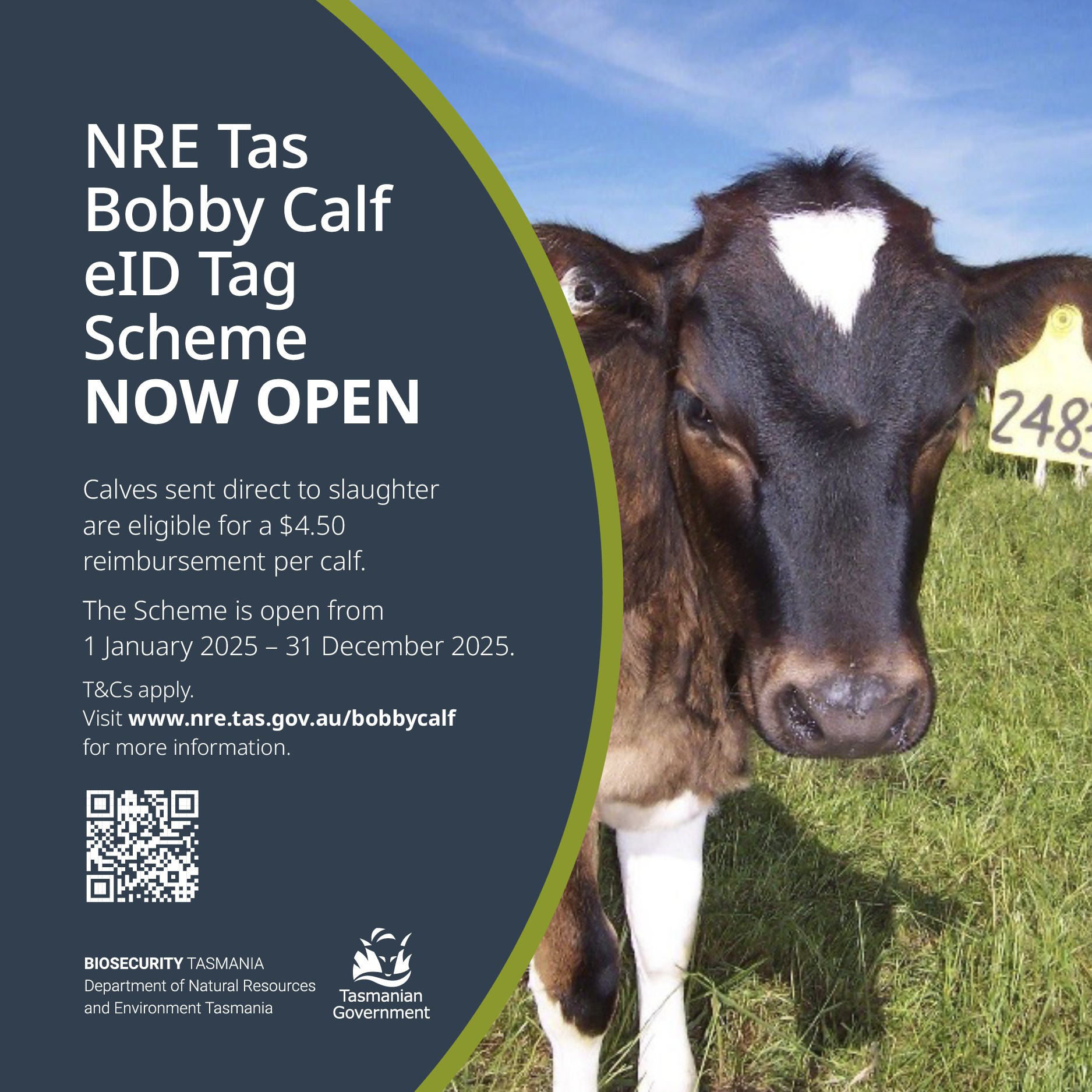Mop-top alarm spreads as calls for government emergency funding grow

Potato mop-top virus has been found in Victorian seed stores in batches shipped before restrictions were imposed on Tasmanian imports.
Representing a relatively small amount, about 500 tonnes of more than 40,000 tonnes certified from three states, the seed will be destroyed and monitoring for the disease at the facility will continue as it has done for the past three years.
In recent weeks the disease has been identified at nine sites around Tasmania as well as in three single potatoes, two of which were store-bought spuds.
It causes internal damage in potato tubers, showing as brown arcs, rings or flecks, which can reduce quality, yield and marketability.
Australian Seed Potato Industry Certification Authority (AuSPICA) general manager and director of Potatoes Australia Dr Nigel Crump heads the seed potato certification scheme in South Australia, Victoria and northern New South Wales.
Dr Crump said that Victoria had been pro-actively looking out for mop-top and several other diseases since 2022 when Maine University emeritus Professor Dr Steve Johnson visited from the US to work with his team, having witnessed its spread in America and other countries.
He said he sympathises with the situation facing Tasmanian farmers and indicated it was always a case of when, and not if it made its way to Australia.
“Just like with the viruses that came through in the 80s and despite the best efforts of the industry there’s always going to be other commodities that come in with disease, but we have to look at the bigger, broader picture and support the quarantining of seed potatoes coming across our border,” he said.
“Spongospora (the same soilborne pathogen that causes powdery scab in potatoes) acts as a vector and can survive in the soil for 12 to 20 years so we will continue testing and look at whether we need to do more.
“While most seed potato is grown in Tasmania for domestic production, a lot of growers here turned to Tasmania for seed to get away from other diseases like PED and blackleg found in other states.”
Dr Crump said it’s now time to start unlocking government emergency funds to help growers as they grapple with the decision whether to risk planting any potatoes at all.
He said money raised to help fight tomato-potato psyllid in 2016 is sitting in a slush fund and no-one knows how to access it.
“Reimbursement should be triggered because growers are facing an inability to plant, and they should be paid out so that they don’t plant here – that way we protect our export market and protect biosecurity and that gives everyone a degree of confidence.”
He also said that a more holistic approach must be applied to biosecurity.
“Biosecurity is often thought of in isolation, we think of it in the potato industry and don’t allow any to come in from other states and we shut that gate, but we don’t think of the other movements of other commodities and other soils and that puts us at risk,” he said.
“As we do more and more trade around the world these issues become a concern.
“We can’t say it’s not in my back yard and relax a little bit because of a closed border but the reality is you’ve got to be proactive.”




Add new comment